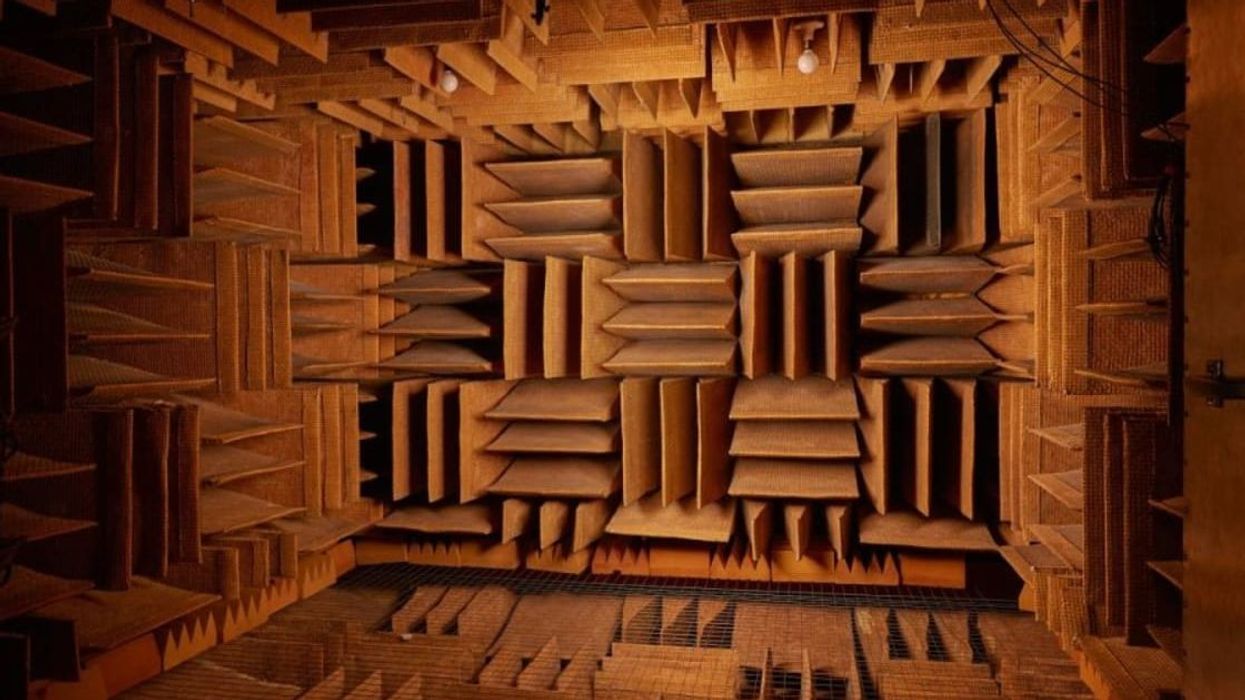Plastic… it’s everywhere. We sit on it, we eat from it, we spend with it, we wear it, we complete surgery with it. In fact, the device you’re reading this from now probably has plastic in it. The uses for plastic are endless. This remarkable substance has quite literally shaped our future—we live in the “Age of Plastic.”
For all the positives, there are serious downsides to the “Age of Plastic” too. Depleting fossil fuels used to make plastic (yep, plastic is made from oil and gas derivatives), climate change, and uncertainty about the human health impacts of plastic (for example BPA, phthalates, etc.) Of course, there’s another big downside—the pollution of our planet with plastic trash, and how this is impacting ecosystems, including our oceans.
Anyone who hasn’t heard about the Great Pacific Garbage Patch will be astonished to hear that our continued abuse of plastic—in particular disposable plastic products—has led to the gathering of astronomical levels of plastic debris in our oceans. Sometimes wrongly referred to as “floating islands of rubbish,” these large networks of ocean currents called “gyres” are incredibly big, and incredibly complicated.
In fact, there are no islands of rubbish in our oceans, it’s more like a giant plastic soup. Any plastic we allow into the sea gradually breaks into smaller pieces but never truly “biodegrades.” What we see in the five gyres is a denser accumulation of debris transported by the slowly circulating currents, but in fact, there’s plastic in every corner of the ocean.
The majority of the problem is actually microplastic (less than 5mm) and depending on its density, some sink, some float, and some just hover in the water column. This is where it gets scary—because the plastic resembles food, it is eaten by a huge range of animals throughout the food chain, including fish, birds, turtles, whales, and even microscopic plankton.
It would be great if crazy inventions (eg. Boyan Slat’s Ocean Array) could clean plastic from the gyres, but it’s impossible. The ocean is too big, too wild, too deep, and the plastic is too small, too dispersed, and home to way too many creatures to make it possible. We have to instead focus our efforts on stopping more plastic getting there in the first place.
As part of Take 3, an organization based in Australia, we have developed a novel approach to education around the impacts of plastic pollution in our oceans and waterways. In doing so, we are asking the world’s population to help prevent it by calling on everyone to simply take three pieces of trash with them when they leave the beach, waterway or… anywhere!
The ocean is downhill from everywhere so people all over the world can pick up trash and be part of the solution. Imagine if one million people took three everyday… the world would be a much cleaner place.
To prevent pollution, Take 3 also asks people to re-think using plastic. By refusing disposable items (like plastic bags, cups, straws, coffee cups, plastic cutlery and, of course, plastic water bottles), and using reusable alternatives instead, we can all help reduce the waste we create.
Help us at Take 3 continue to do GOOD things, by sharing a photo of your "Take 3" to our Facebook and Instagram pages. People have already submitted pictures from faraway locations including Mount Everest and Peru, so get picking, and show the world that you’re part of the solution to marine pollution.
Tim Silverwood is Vice-President & Co-Founder of Take 3. Watch his TEDx talk on plastic here.















 Otis knew before they did.
Otis knew before they did.